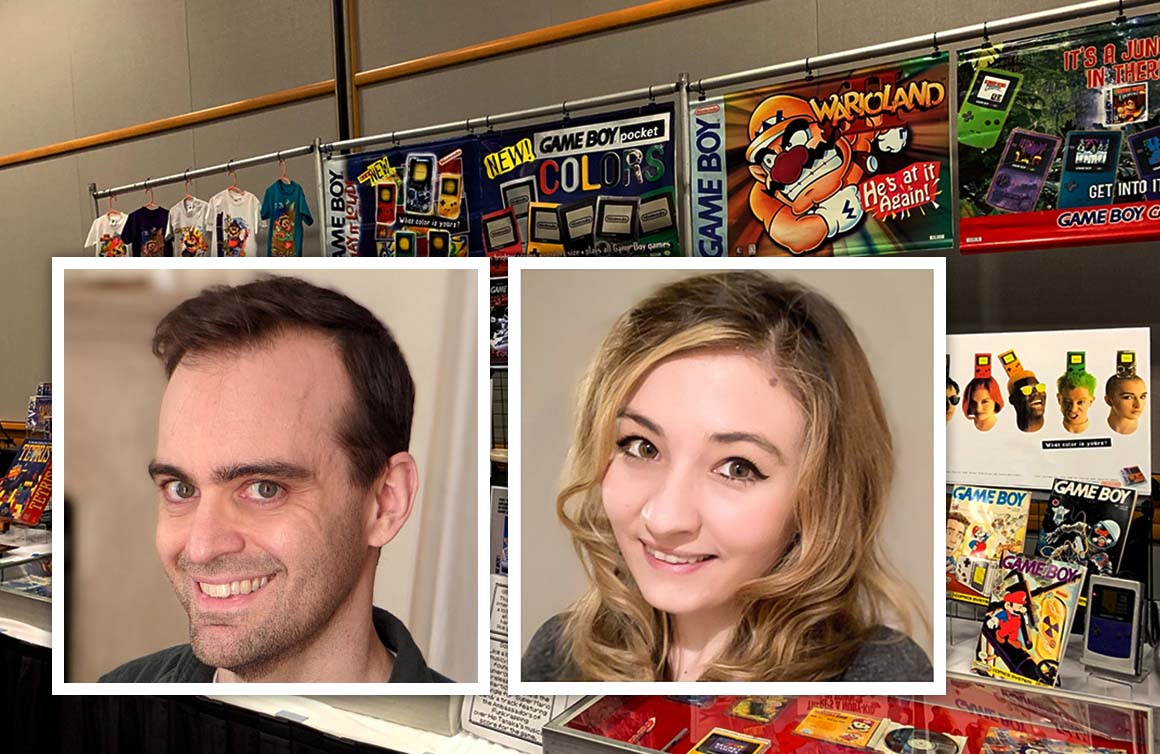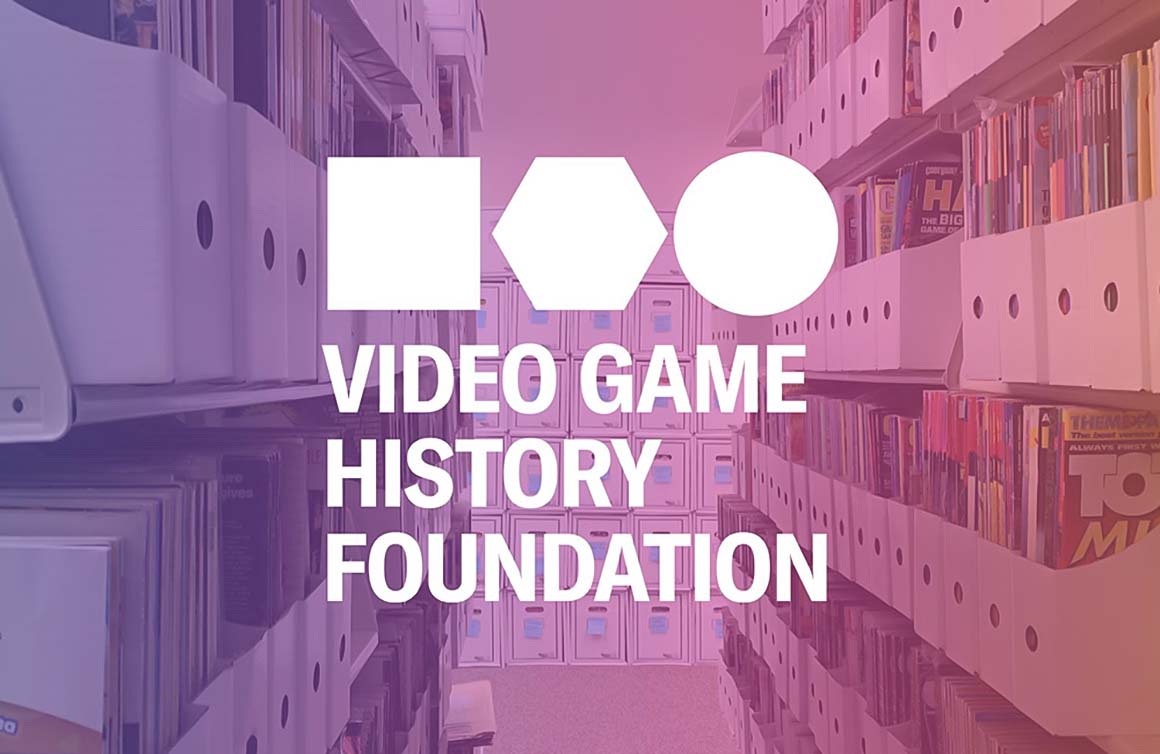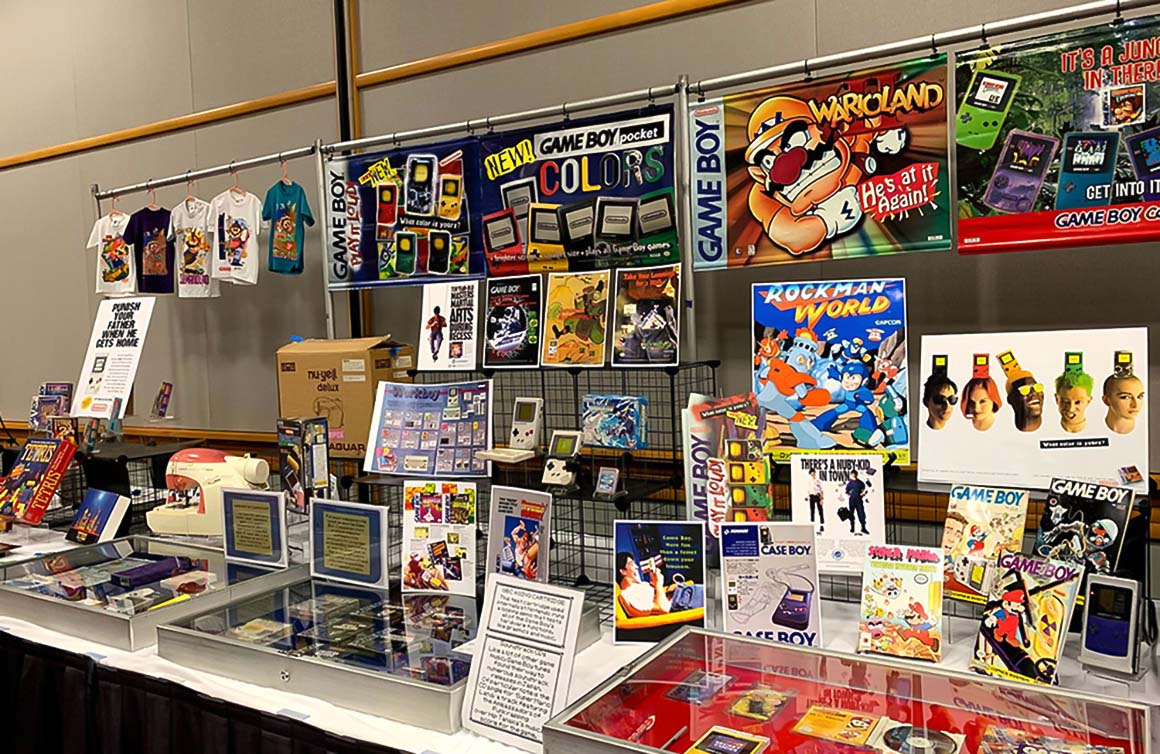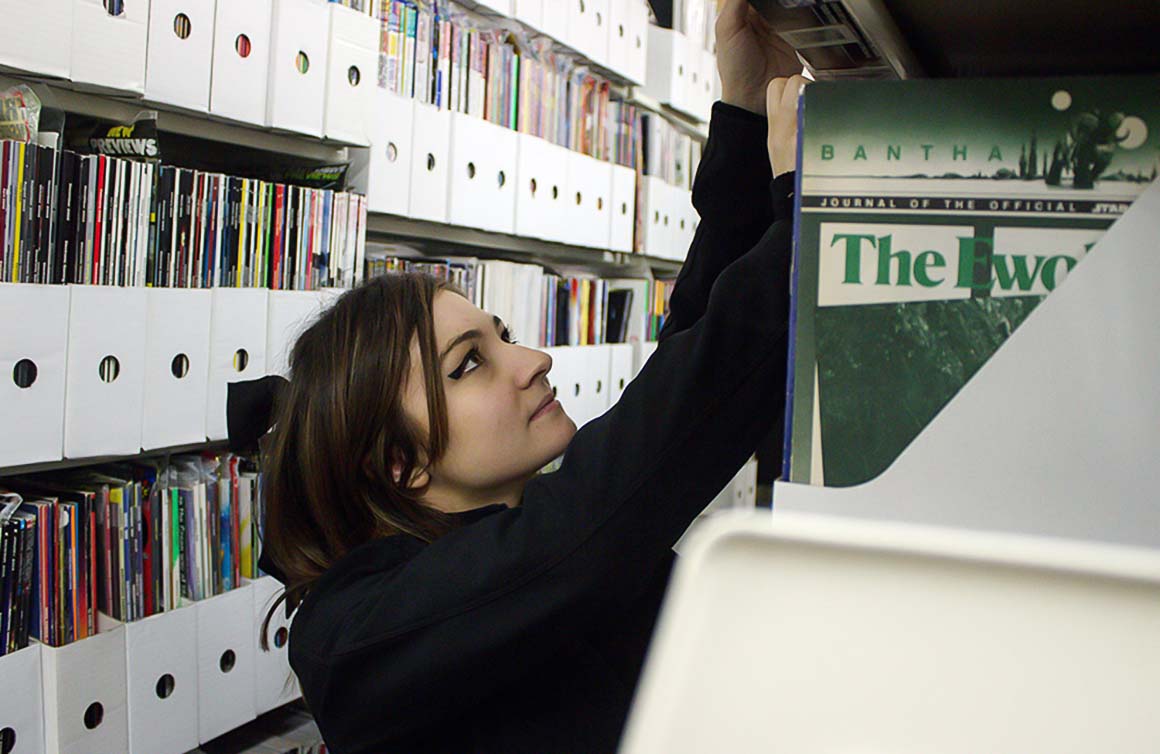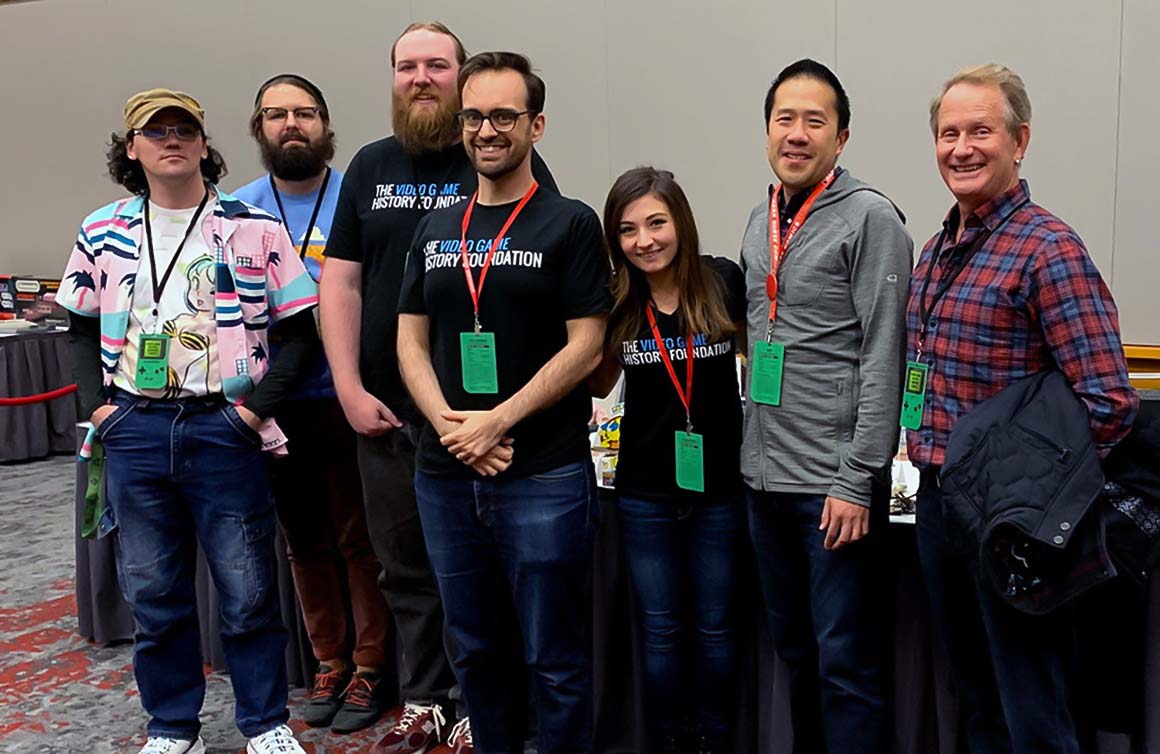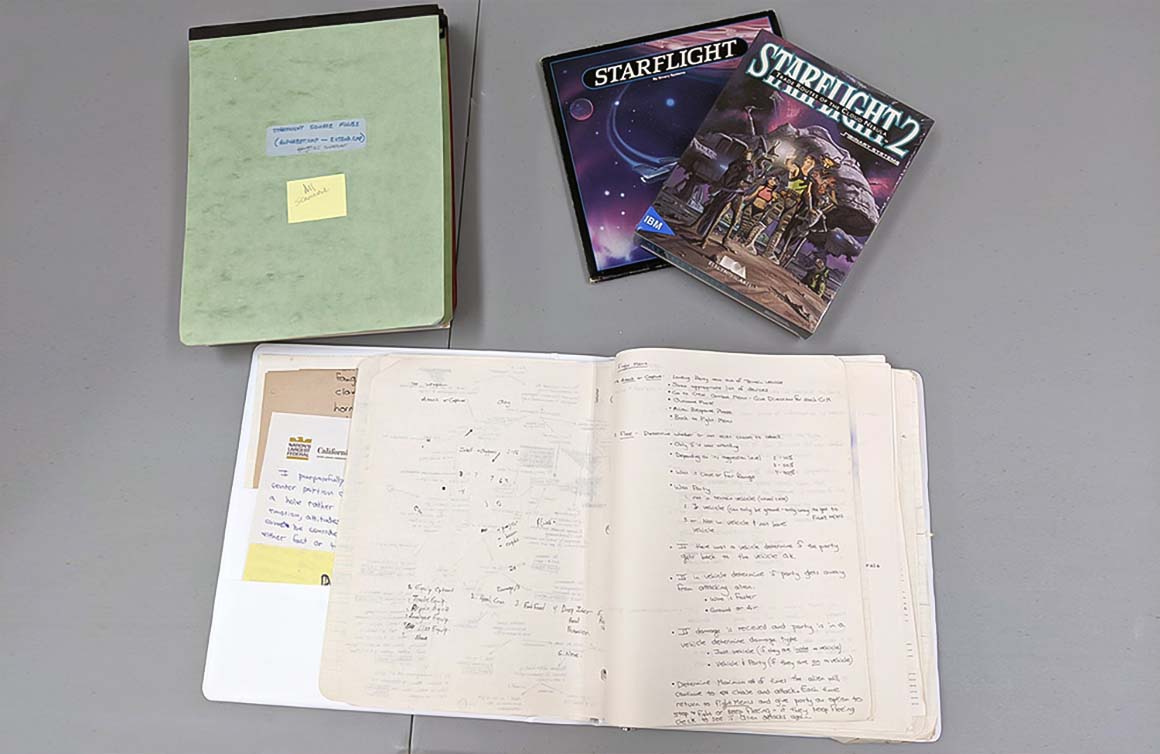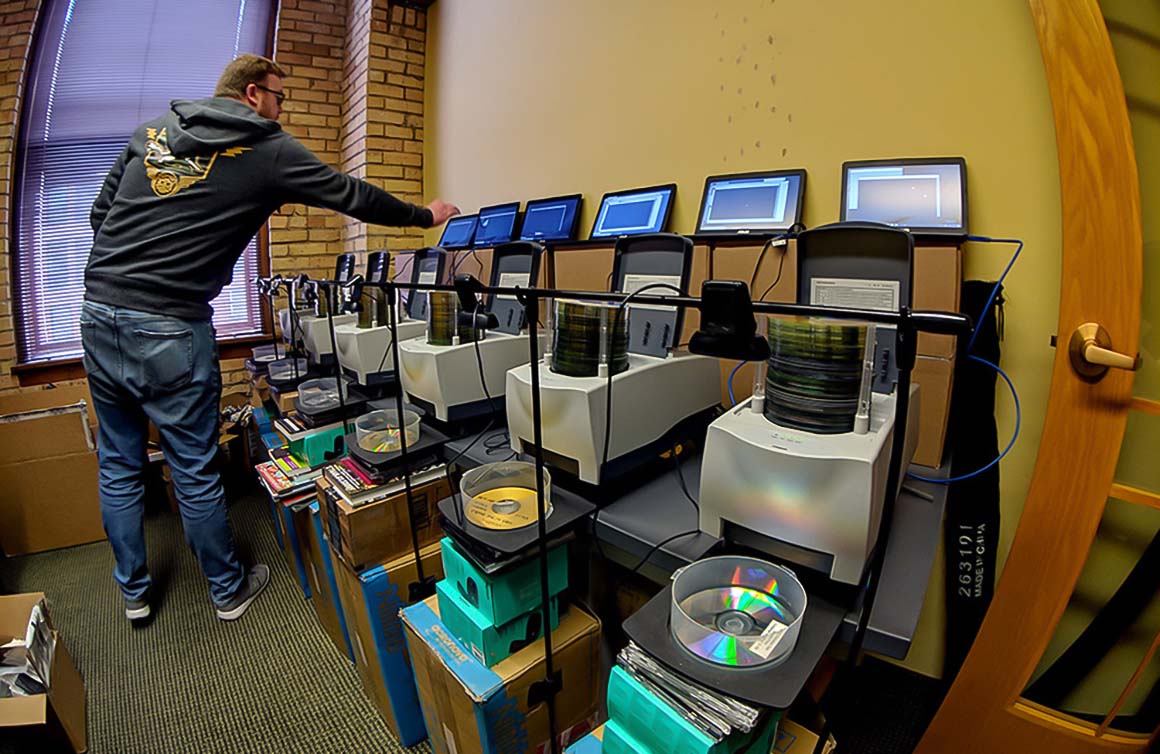The Video Game History Foundation recently launched its annual winter fundraising campaign and has already topped previous years’ efforts thanks to enthusiastic public support. The organization has exceeded $83,000 USD in donations to date. The campaign is ongoing.
Founded in 2017 and co-directed by Frank Cifaldi and Kelsey Lewin, the Video Game History Foundation is dedicated to documenting and preserving the history of video games. Its projects include a research library, source code preservation, public education, a media asset archive, recovery and restoration, and other initiatives.
Cifaldi, who is also the founder of the California non-profit, shares what compelled him to establish the organization: “Kelsey and I both like to say that we came at this because we were frustrated historians. There weren’t a lot of accessible archives from the people who make the games to understand the work that went into them and why they made the decisions they did. The work that we do is to make sure the stories don’t die and the people who want to tell those stories have access to the tools they need to do so.”
Lewin adds, “We were also frustrated by the state of video game history and storytelling at that time. If you go into a store such as Barnes & Noble, there are shelves full of biographies and historical records of musicians and filmmakers, but the video games section is still incredibly small. It’s not for lack of interest, just lack of access to the materials.”
In a 2017 conversation with Toy Tales, Cifaldi said, “The evolution of gaming culture is staggering.”
Capturing and preserving that evolution is a continuous challenge for gaming historians. The medium was underappreciated in its early days and the frenetic nature of the industry meant that preservation often took a back seat to the quick pace of innovation and a fiercely competitive marketplace.
Public support of the organization’s work makes a difference in rescuing some of those historical materials before they’re gone for good. “I attribute our success to individual donations because we don’t have many other funding means. Individual donations account for north of 75 percent of our funding, which is extremely high for an organization like ours,” shares Cifaldi.
Lewin elaborates: “Preservation work does cost money. The people in the industry are spread throughout the United States and the world. We were in the basement of a producer who worked in games for a really long time. He wanted to share his work but he also wanted to keep it. We spent a couple of weeks in Chicago doing that preservation work on-site.” She continues, “We have a dedicated video game history research library, we’re always adding new artifacts to the collections.”
Learn more about the Video Game History Foundation, donate to support its work, and learn how contributions are helping to preserve game history.

